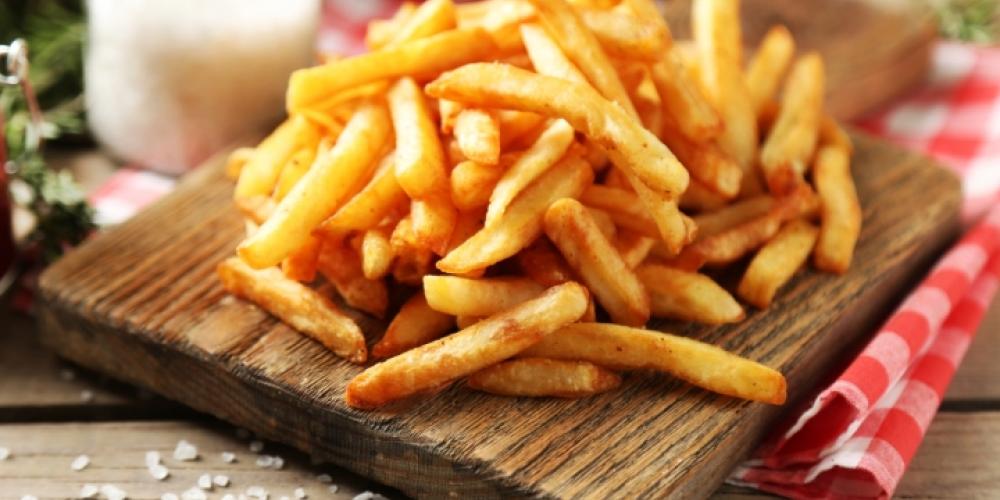
That is why the Flemish minister of Tourism Ben Weyts sent a writing to European Commissioner Vytenis Andriukaitis, responsible for health and food safety. With it, he wants to safeguard the traditional way of baking Belgian fries.
But perhaps the whole issue is of no importance at the end. At the Vrije Universiteit Brussel, Dr. Lien Smeesters, researcher at B-PHOT Photonics Brussels team led by Prof. Hugo Thienpont, developed namely a new laser scanning technique that allows fast and accurate detection of hazardous substances such as acrylamide and aflatoxins and avoids contamination of food such as potatoes, nuts, cereals or corn.
This new optical detection technique, an application within the field of photonics or science of light, uses a laser scanner that scans potatoes at a speed of tons per hour, without the use of any chemical agents and without damage to the product itself.
Potatoes with a risky composition, unsuitable for high baking temperatures, respond differently to a light measurement than "fries-suitable" potatoes. In a split second, unsuitable potatoes are extracted from the production and food chain. These potatoes are still useful for other preparations, at lower temperatures below 120 ° C, such as, for example, mashed potatoes.
Lien Smeester recently received the European Student Innovation Award from Photonics21 for the development of her application in collaboration with TOMRA Sorting Solutions, which provides sensor based sorting equipment for recycling, mining and food.
The laser scanner technology can be instantly integrated into industrial applications of food processing companies. In the future, miniaturized applications will be developed for domestic use, within the concept of Internet of Things and Smart Homes.
No worries then about the safety of Belgian fries: we can all keep eating fries regularly at home, at the restaurant or on the corner of the street in chip shops thanks to laser scanners and light technology.